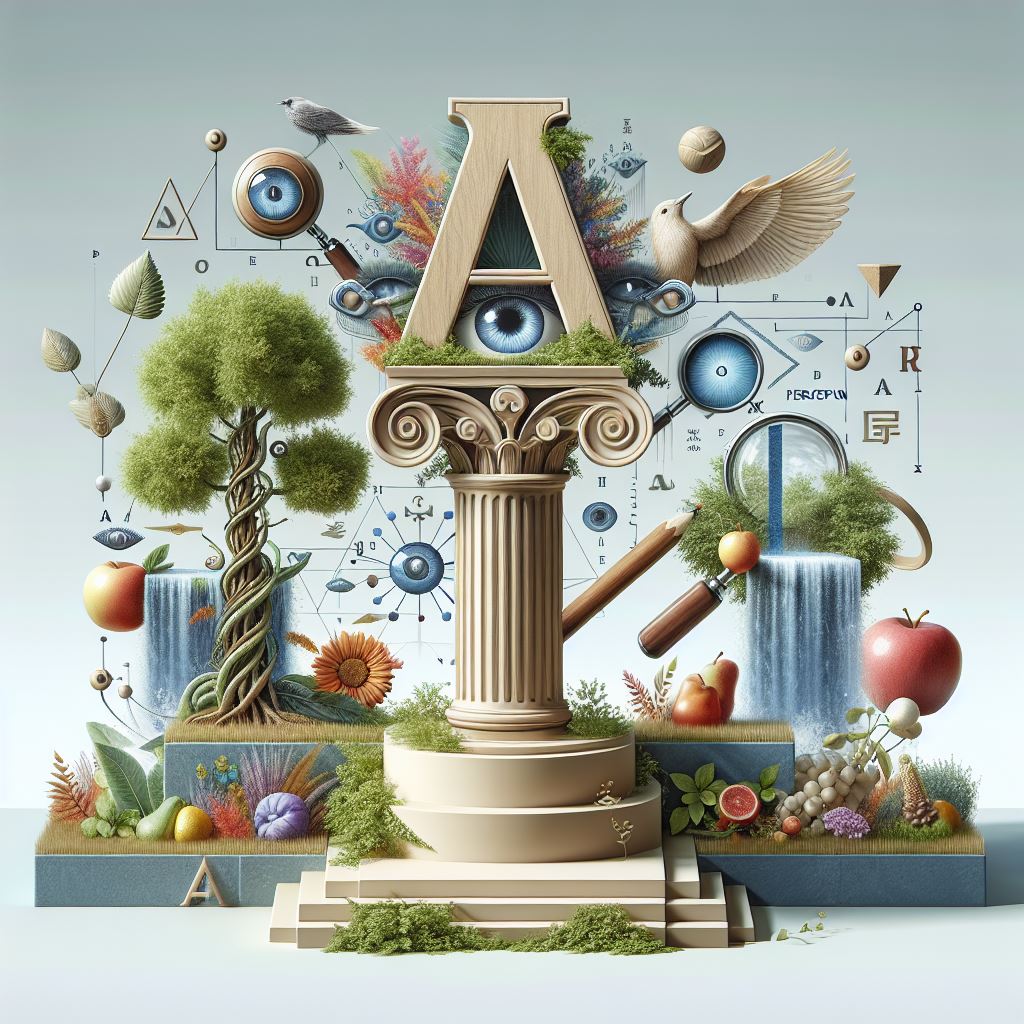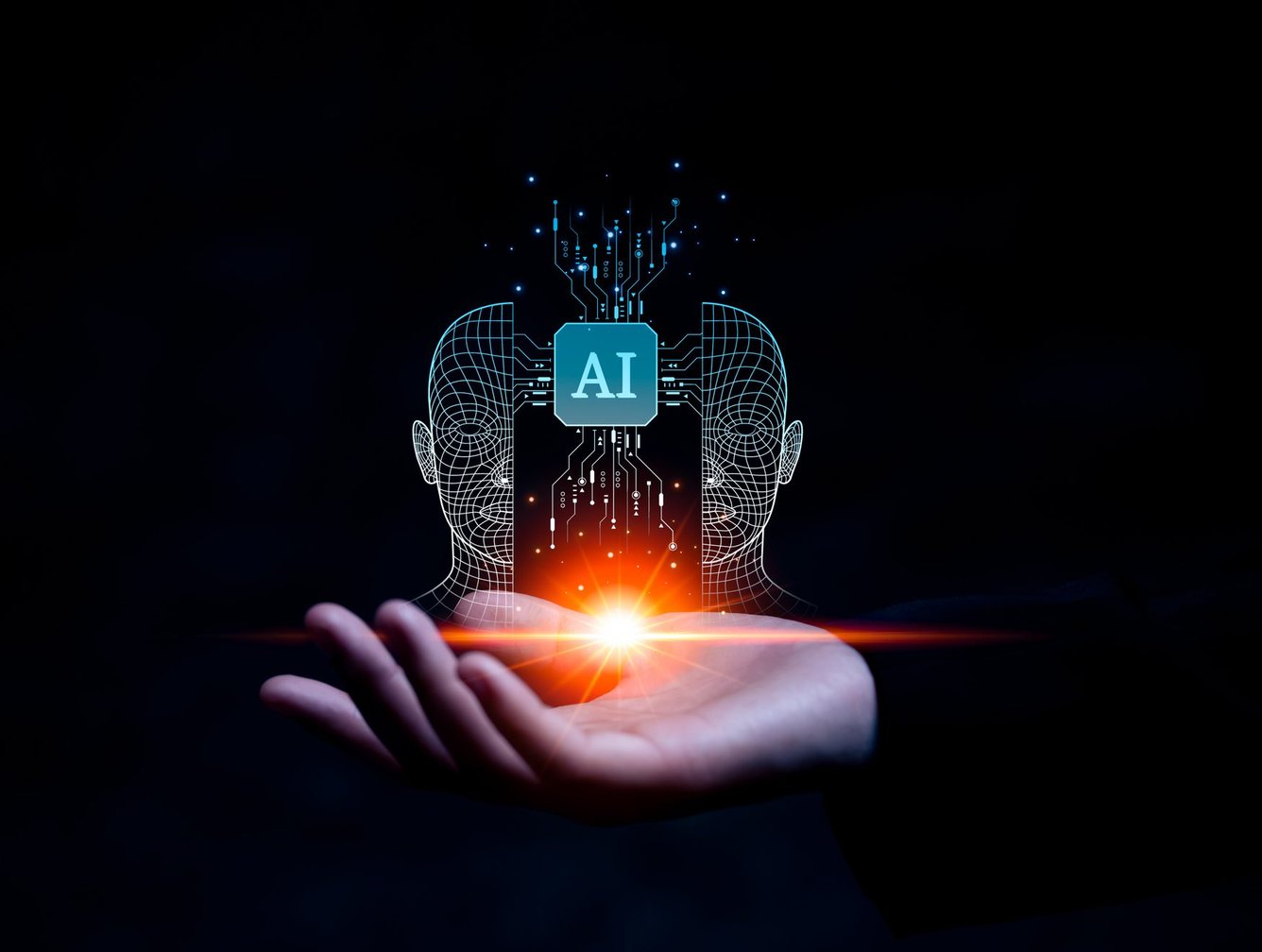Introduction
The term AI was first coined back in 1956 at Dartmouth College by John McCarthy, who defined it as “The science and engineering of making intelligent machines, especially intelligent computer programs.” Since then, there have been infinite contributions to this field and it has largely branched out into other domains as well. Machine Learning is one such branch of AI.
What is Artificial Intelligence?
AI is an interdisciplinary field of computer science that studies the design and development of intelligent agents. It’s a subfield of computer science that focuses on algorithms, their representations, and execution. The major goal of AI is to develop intelligent machines that can perform tasks that normally require a human mind. AI has many practical applications, including in business, science, and engineering.
What is Machine Learning?
Machine learning is a subset of artificial intelligence that involves the creation of algorithms to learn from data. Algorithms can be trained with examples, which are sets of data used to determine how to make predictions about new situations in the future. For example, if you were trying to train an algorithm on two different images, you would feed both images as an input and then predict what the third image would look like given only one or both of those inputs.
Current Implementations in Tech Industry
The current market is flooded with mobile applications that have implemented machine learning algorithms to enhance and improve their products. These apps are based learning from the user’s behavior, how they use their phone and what they need better. For example, if you’ve ever used a restaurant app that tracks your food order history, then you know just how useful this data can be in helping businesses improve their services.
Some examples include:
- Airbnb uses machine learning algorithms in an attempt to predict which guests will rent out their homes based on previous guest reviews or other factors such as distance from home or whether or not they have pets at home before booking an apartment instead of staying somewhere else entirely!
- Netflix’s recommendation engine which serves up suggestions for similar shows based on past viewing habits/patterns (i.e. what types of content people like best).
Why AI should be incorporated into apps
Artificial intelligence (AI) is the future of mobile apps. It will make them more efficient, user-friendly, and engaging. AI will help apps to be more accurate, targeted, and personalized. AI will make apps smarter, faster, and more efficient.
- Apps can be made more accurate by using AI to analyze data from various sources.
- Apps can be made more personalized by using AI to learn and analyze user behavior, patterns, and preferences for better engagement.
- It sounds too good to be true but it’s not! AI has already been successfully implemented in many applications such as Google Search or Facebook Messenger.
Types of apps that are coming up with AI
The applications for artificial intelligence are endless, but the most popular ones will be:
- Voice-activated apps: You can use voice commands to do things like search for information or order food from a restaurant. Many people use their smartphones to control things around them like lights, thermostats, and other home devices. A voice interface is a great way to make this easier, especially when there are many different models of each device that may not all work the same way.
- Photo recognition apps: Thanks to advances in facial recognition technology, you can now easily identify people in photos and make recommendations based on what they look like (or what other people say).
- Social apps: The technology can be used to make recommendations on dating apps or social media sites, show you people who may have similar interests, and even help you find the perfect face for your avatar. Getting matching job recommendations based on your current experience, profile, salary and hundreds of other factors is also possible.
- AI-generated Music, Text, and Images: AI is also being used to write music, generate texts and create images, all based on a few textual inputs. This is already happening as of today. With the help of deep learning algorithms, machines can now learn from data and come up with their own rules about how to create music or art.
Conclusion
Artificial intelligence and machine learning are the future of mobile apps. Any apps that are not built to use these technologies might get obsolete. These technologies are not only helping apps become more efficient, but they also have the potential to create new products that would not have been possible earlier. In fact, with mobile devices becoming increasingly powerful and capable of processing more data than ever before, it seems like AI could be the key factor in making sure that our phones stay connected with all of our favorite things no matter where we go!











